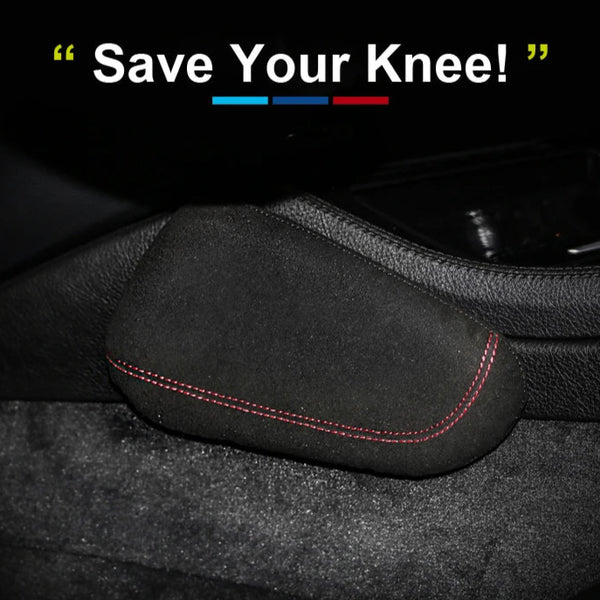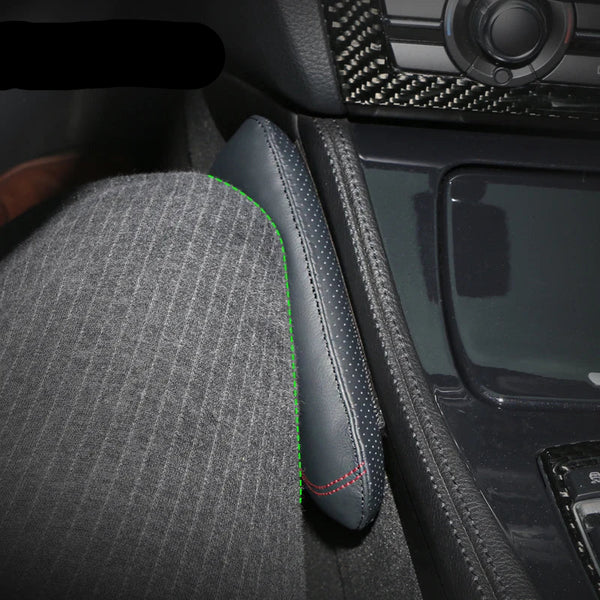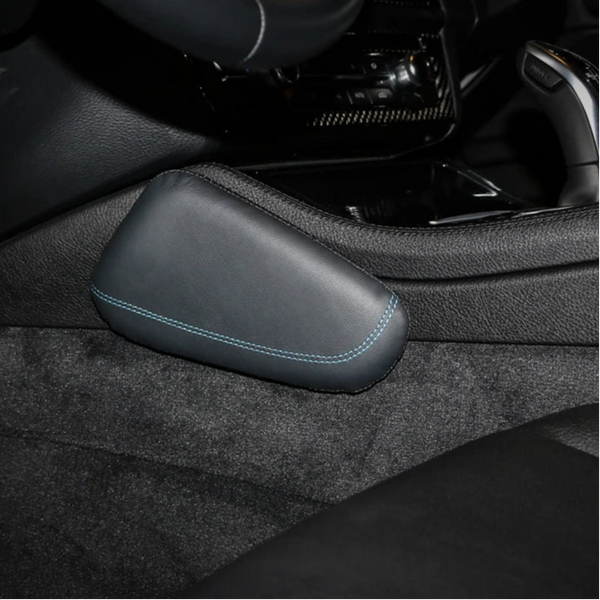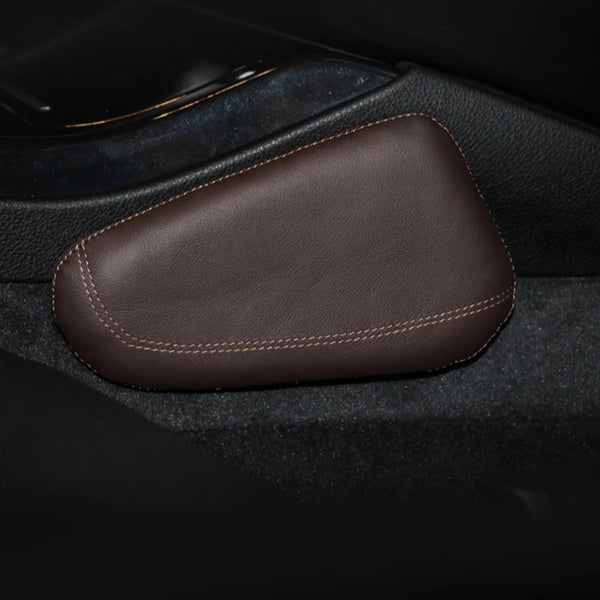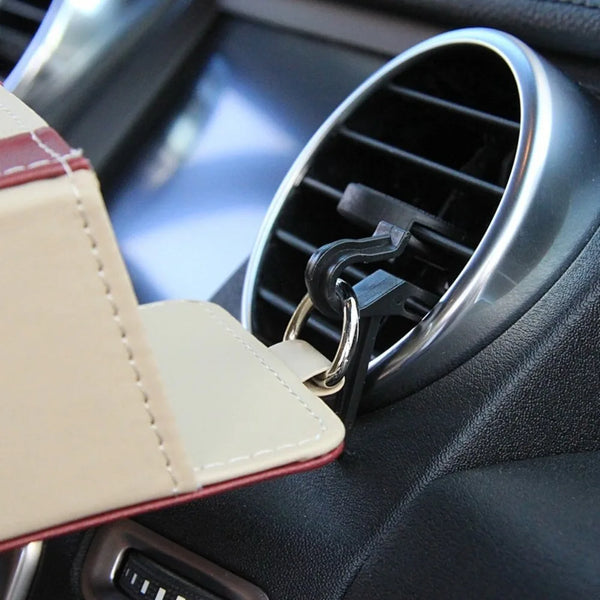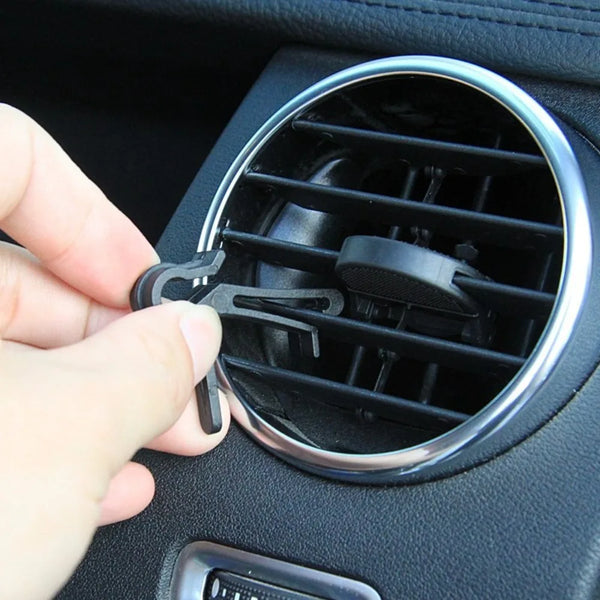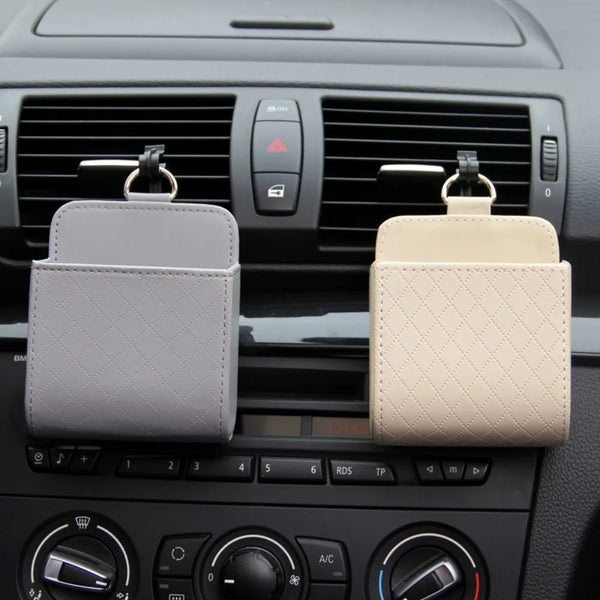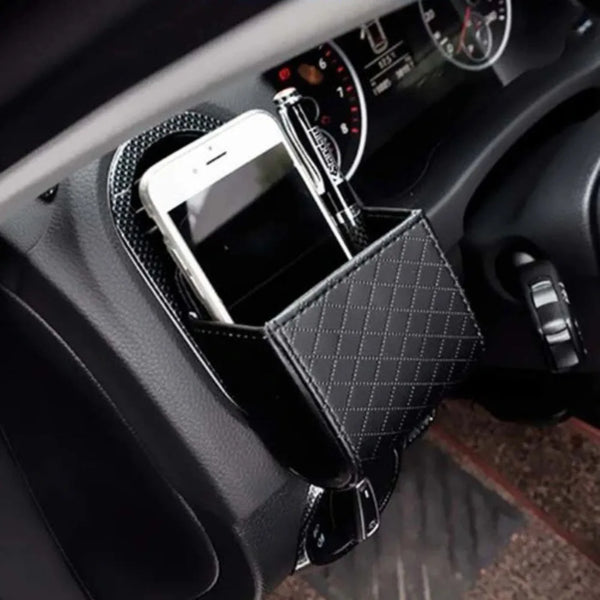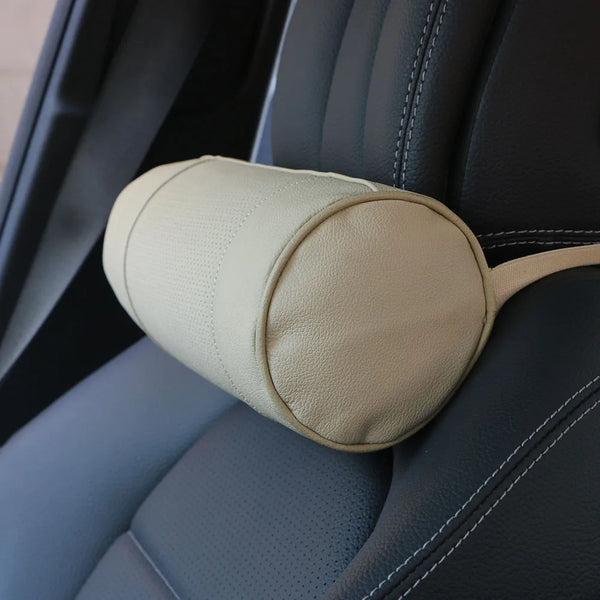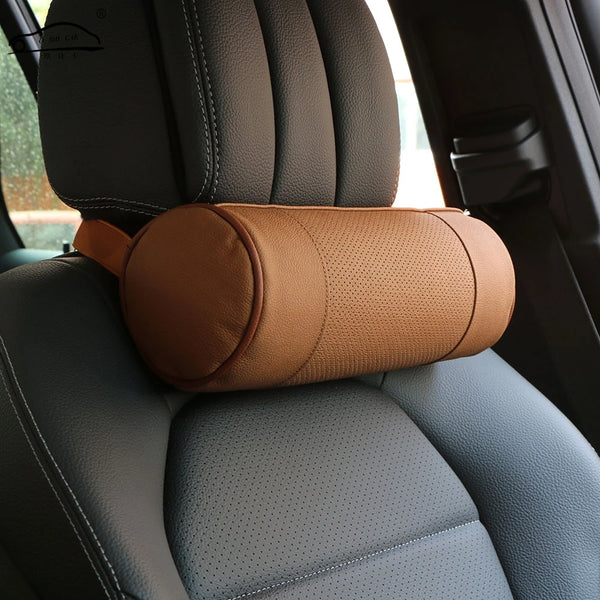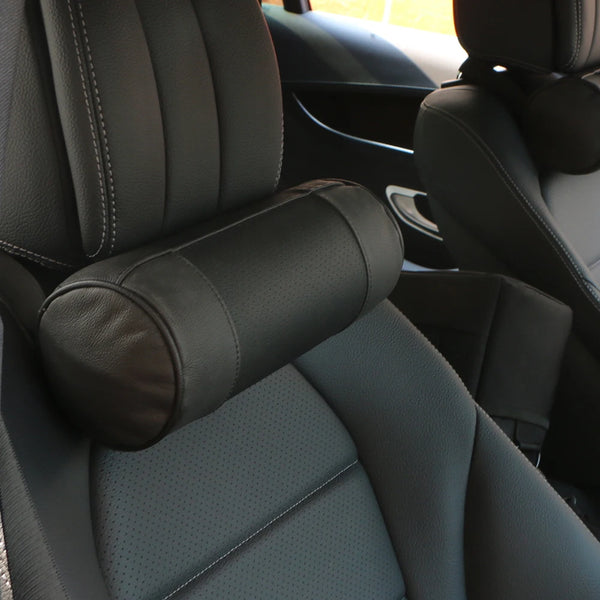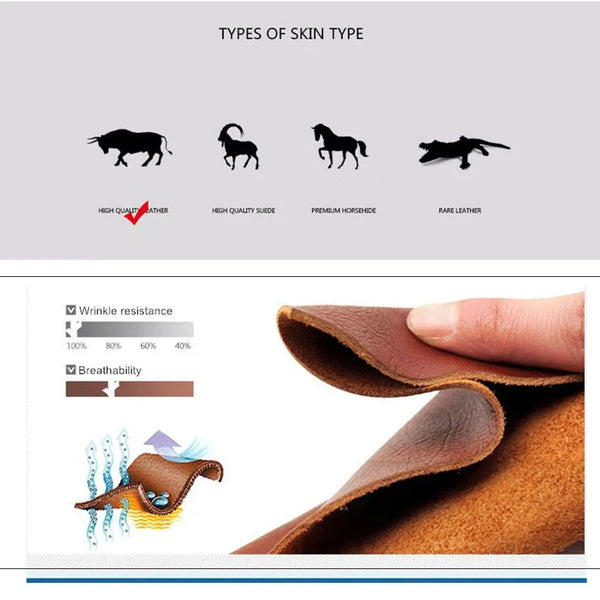If you’ve ever been in a heated car or bike debate, you’ve heard it: “This beast has 700 horsepower.” But what does that really mean? And why do we still measure performance in terms of horses — especially in a world of electric motors and futuristic tech?
Let’s break it down — and settle the horsepower vs. torque conversation once and for all.
🐎 Why We Still Talk About Horsepower
The term “horsepower” was coined in the 18th century by Scottish engineer James Watt. He needed a way to explain how powerful his steam engines were, so he compared them to the work a horse could do in a minute — about 550 foot-pounds per second. That became the standard unit of power.
Today, horsepower is still the go-to metric for engine output. As Carwow explains, it’s a simple, dramatic way to express how much force a vehicle can produce — and how fast it can go. It’s not the only factor in performance, but it’s the one that grabs attention.
🏍️ Horsepower = Speed (Sort Of)
Horsepower doesn’t directly measure speed, but it’s a strong indicator of how quickly a vehicle can accelerate and how much work it can do over time. More horsepower means more potential to push the car or bike faster — especially when paired with smart engineering.
As MotorBiscuit points out, automakers love to advertise big horsepower numbers because people associate them with speed and excitement. But there’s another side to the story — and that’s torque.
⚙️ Horsepower vs. Torque: What’s the Difference?
Think of it like this: torque is the force that gets you moving, and horsepower is what keeps you moving fast.
According to Kelley Blue Book, torque is what gives you that strong pull off the line — it’s the low-end grunt that helps with towing, hauling, or launching from a stop. Horsepower, on the other hand, is about how much work your engine can do over time. It determines your top speed and how well your vehicle performs at high RPMs A.
HowStuffWorks explains it this way: torque is a twisting force, while horsepower is the rate at which that force is applied. So if you’re drag racing, torque gets you off the line, but horsepower helps you win the race B.
🚗 Hypothetical Story: Jason’s Dream Car
Jason, 32, finally gets behind the wheel of his dream: a 1,500-horsepower hypercar. The first time he hits the gas, the car rockets from 0 to 60 in under 2.5 seconds. His heart races. His hands grip the wheel. That horsepower isn’t just a number — it’s a feeling.
🏍️ Hypothetical Story: Maya’s Track Bike
Maya, 27, rides a superbike with 200 horsepower and loads of torque. On the straightaway, she feels the bike surge beneath her, the engine screaming as she hits 180 mph. It’s not just about speed — it’s about control, adrenaline, and the thrill of mastering something powerful.
⚡ What About Electric Vehicles?
EVs are changing the game. As U.S. News explains, electric motors deliver instant torque — which means they feel fast right off the line, even if their horsepower numbers aren’t always sky-high C. That’s why EVs like the Tesla Model S Plaid can go from 0 to 60 in under 2 seconds.
🏁 Final Thoughts
So, is horsepower the ultimate measure of speed? Not exactly. It’s a big part of the story — but torque is what you feel when the light turns green.
Ride smart. Enjoy the road.
And when the horsepower hits — hold on tight.
---
Sources:
AKelley Blue Book – Horsepower vs. Torque
DMotorBiscuit – Horsepower vs. Torque
BHowStuffWorks – Torque vs. Horsepower
CU.S. News – Horsepower vs. Torque



